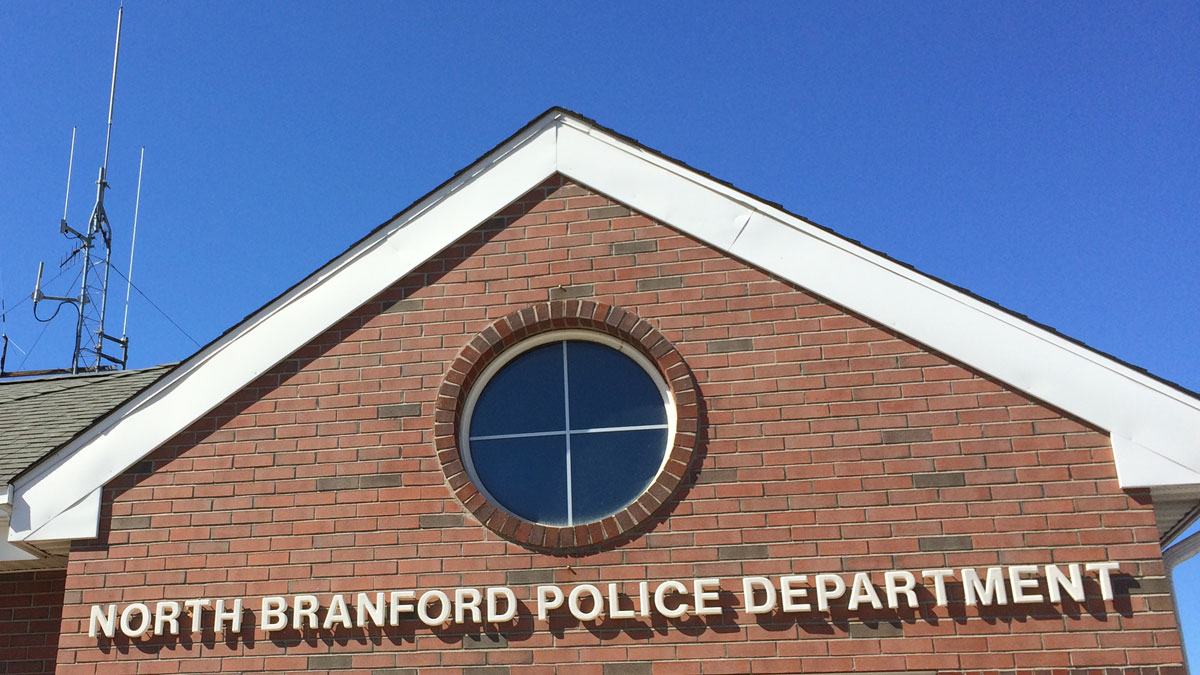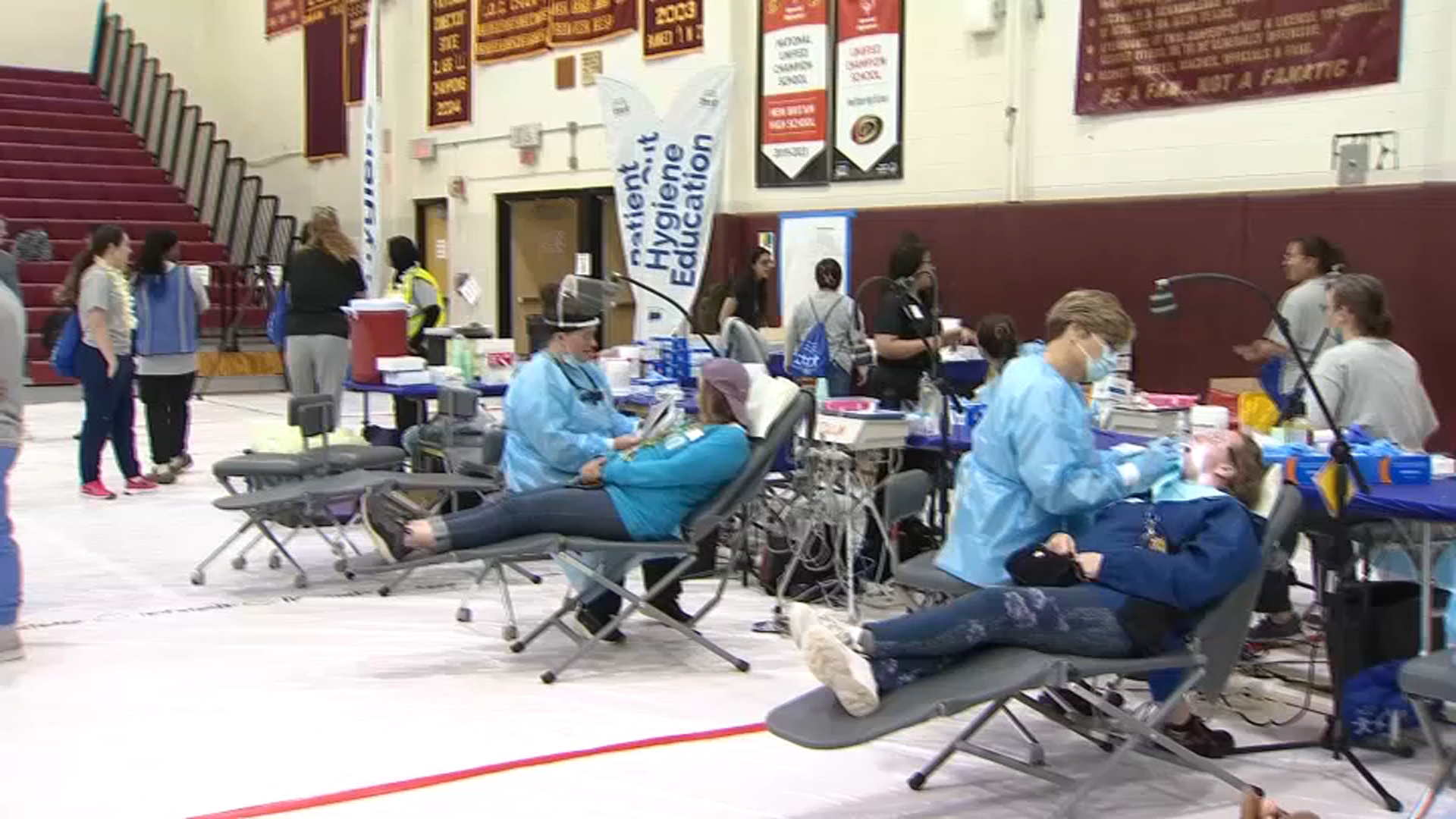West Haven is introducing its new food-to-clean energy program next week. Here’s what people can expect as the composting option becomes available.
West Haven is introducing its new Food to Clean Energy program on Nov. 7 as a way to help limit the amount of food waste dumped in landfills.
“We’re hoping that this gives universal food waste collection to anyone that wants to do it,” said Kristen Brown, vice president of waste reduction strategy for WasteZero.
Stream Connecticut News for free, 24/7, wherever you are.
The pilot program, funded by a $1.3 million state grant from the Department of Energy and Environmental Protection, will last nine months in an effort to reduce the waste shouldered by fewer and fewer landfills.
“Thirty years ago in the United States we had 6,000 landfills,” Brown said. “Today, we have just over 1,000.”
Get top local Connecticut stories delivered to you every morning with the News Headlines newsletter.
West Haven is one of 15 cities throughout the state that has agreed to receive grant money for similar initiatives.
“The objective with Connecticut’s pilot is to divert as much material from the landfills as possible, and therefore extend the life of those landfills,” Brown said.
The city will distribute orange bags for trash and green bags to fill with food waste for single-family residents in West Haven.
Local
“This is a way of just putting it out on the same bin toda, that you put out your regular trash and it gets collected for you,” Brown said.
West Haven’s normal trash service will bring the orange bags to their usual incinerator, while the food waste in the green bags will go to Southington’s Quantum Biopower facility to be converted into clean energy.
On social media platforms, concerns of space or animal activity have been raised.
“Don’t put it next to the container on the ground, put it in the container,” she said.
Those containers raised another worry for Gerry Collins.
“I don’t feel that I should have to supply the container if it’s part of the project,” Collins said.
Brown said while the city does not have containers at this time, they expect to offer them in the near future.
If the program advances beyond pilot status, residents in West Haven will absorb some of the cost, but according to Brown, the potential benefits of the program could offset the rising cost of the area’s current waste management solutions.



